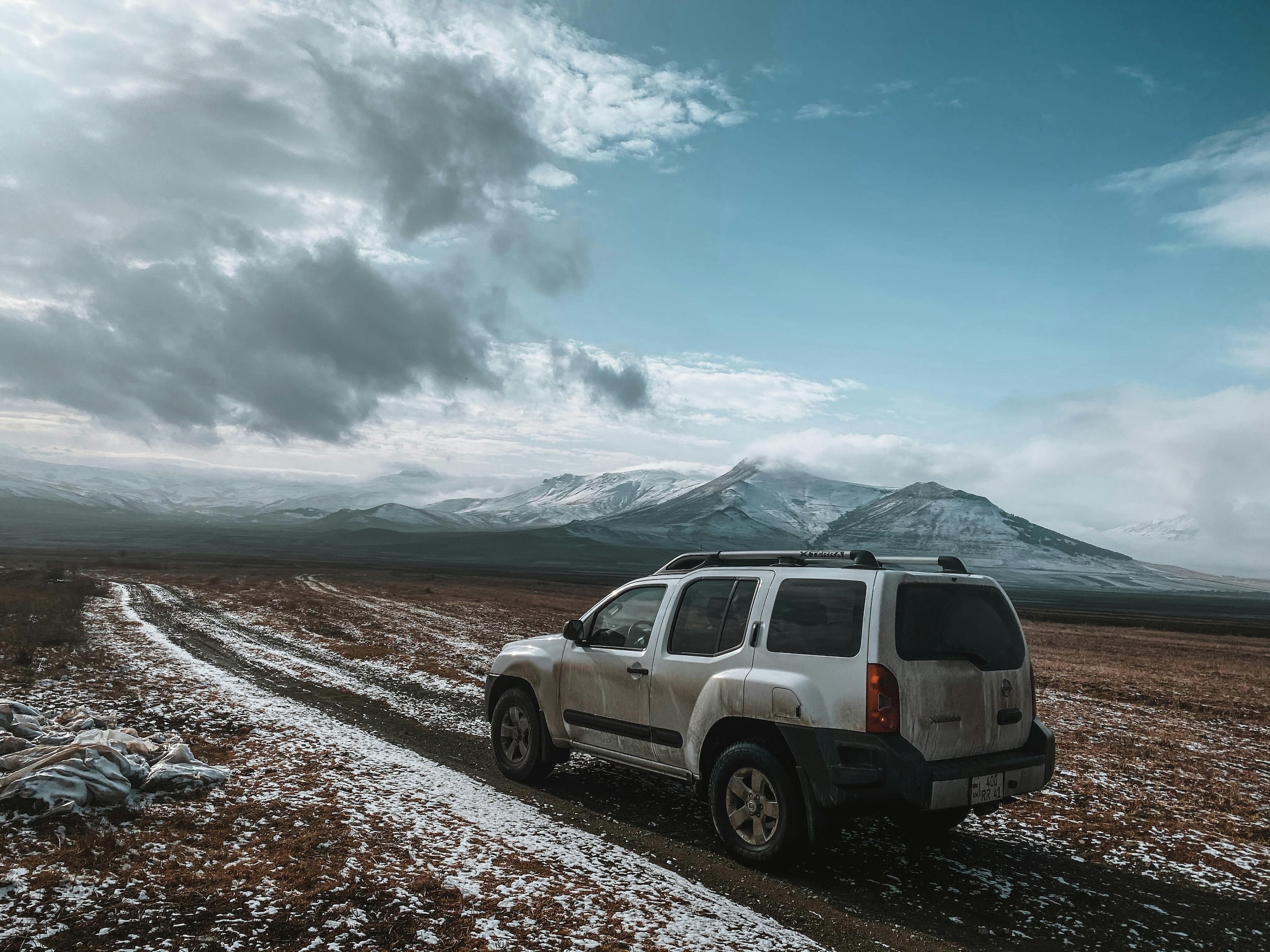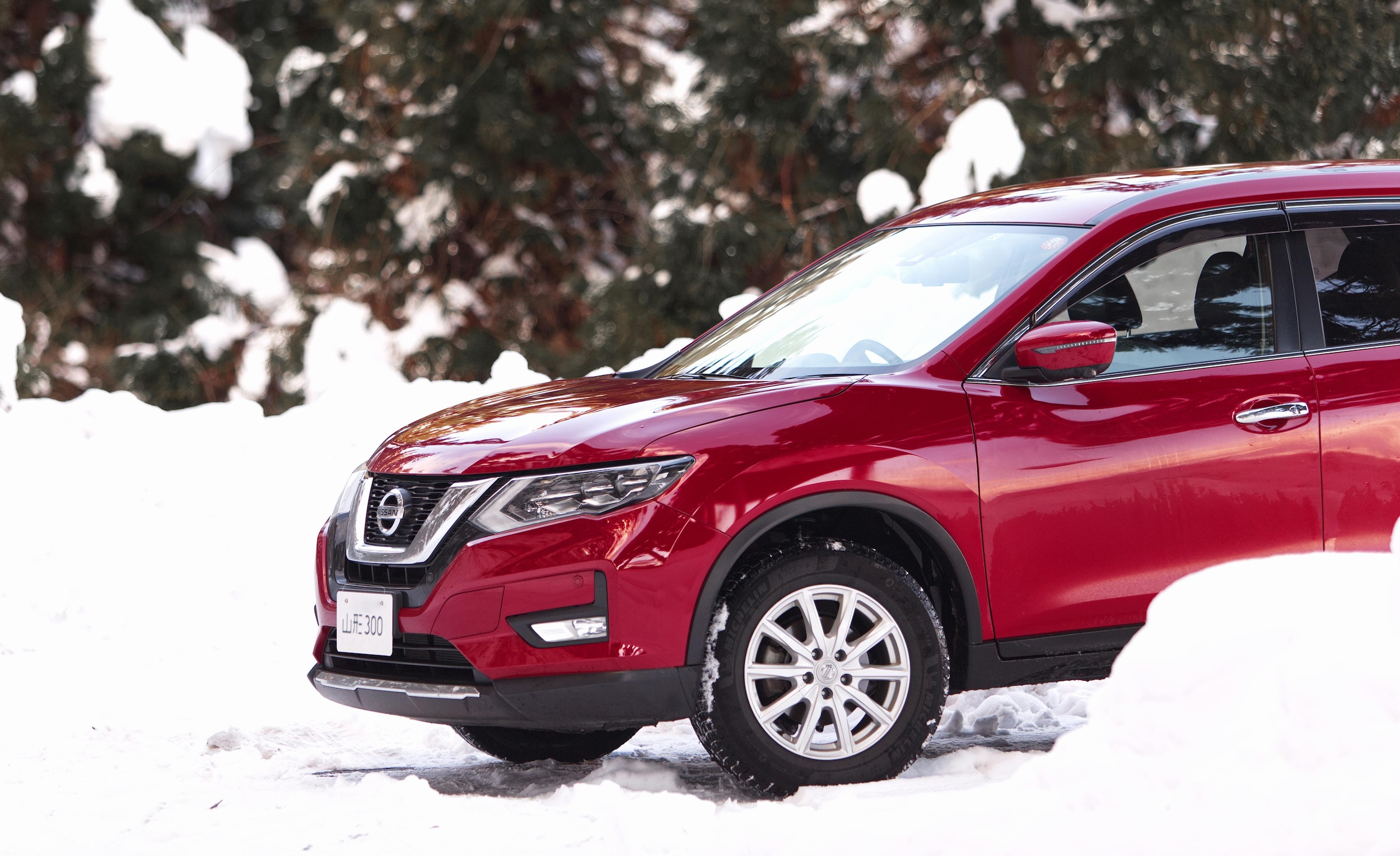Winterizing Your Nissan: Essential Tips for Arizona Drivers
Arizona is famous for its sunshine and mild winters, but don’t let that fool you, temperatures can drop sharply, especially in northern areas like Flagstaff, Prescott, or the White Mountains. If you drive a Nissan, winter preparation isn’t just a precaution; it’s a practical step to keep your vehicle running safely and smoothly. Whether you’re heading up north for a ski trip, commuting through chilly mountain passes, or planning to store your car for several weeks, understanding how to winterize a car is essential.

This guide walks you through everything Arizona drivers need to know, from essential maintenance and storage strategies to cost considerations and model-specific Nissan advice.
Why Winterizing Your Car Matters in Arizona
While cities like Phoenix and Tucson rarely experience freezing temperatures, northern Arizona sees a very different reality. Snow, ice, and sudden cold snaps are common in areas above 5,000 feet elevation. Drivers who aren’t prepared risk battery failures, slippery traction, and fluid issues that can quickly turn a routine trip into a stressful situation.
Even desert drivers shouldn’t ignore winter prep. Early-morning frosts, occasional hail, and chilly nights can affect tire pressure, battery performance, and windshield visibility. Spending some time on preventative maintenance now can save you time, money, and frustration later.
Imagine leaving Phoenix at dawn for a day trip to Flagstaff. Within two hours, the temperature can drop 30°F, and you may encounter icy patches along the highway. Without proper preparation, your tires may lose pressure, your battery could struggle, and your wipers might leave streaks on frosty glass. Taking a few simple steps ensures a safer journey and a smoother ride for your Nissan.
Essential Steps to Winterize Your Nissan in AZ
Winterizing your vehicle doesn’t require a mechanic for every step. Some checks you can do yourself, while others may require professional service.
1. Test & Service Your Battery
Cold weather puts extra strain on car batteries. A battery that performs fine in summer might fail when temperatures drop below freezing. Have your battery tested for voltage and overall health. If it’s older than three years, replacing it is a smart move.
Clean any corrosion around the terminals using a wire brush and ensure cables are tight. For added convenience, carry a small jumper pack, especially if you take trips to colder northern regions. A well-maintained battery can prevent the frustration of being stranded in freezing conditions.
2. Inspect Tires & Tread Depth
Your tires are the only point of contact between your car and the road, so they need extra attention in winter. Cold temperatures can lower tire pressure by roughly 1 PSI for every 10°F drop. Low pressure reduces traction, increases wear, and can make braking less effective.
Northern Arizona roads can be slippery during snow or ice, so consider winter or all-weather tires for better grip. Even simple steps like rotating tires or checking tread depth with a penny can improve performance.
If your tires show uneven wear, a professional alignment before winter can enhance safety. Nissan SUVs such as the Rogue or Pathfinder benefit greatly from high-quality tires when tackling challenging winter conditions.
3. Check Fluids & Antifreeze
Fluids are often overlooked but are vital for cold-weather reliability. Check engine coolant levels and ensure the antifreeze-to-water ratio is around 50/50. Too little antifreeze can cause freezing, which can lead to serious engine damage.
Oil is another important factor. Consider switching to a winter-grade oil if you live in cooler northern regions: it flows more easily in low temperatures and helps your engine start smoothly.
Windshield washer fluid deserves attention too. Standard summer blends can freeze overnight, leaving your windshield streaked or blocked. Winter-grade fluid ensures visibility even in freezing or snowy conditions. Additionally, check hoses for cracks or leaks; even a minor leak can freeze and cause major damage.
4. Replace Wiper Blades
Old wiper blades can stiffen or crack in cold weather, leaving streaks on your windshield. Invest in winter blades designed with flexible rubber that resists ice and frost buildup. Clear visibility is critical for safe driving in both rain and snow.
If you frequently travel to areas with frost or snow, consider keeping an extra set of blades in your vehicle. It’s a small investment that can prevent headaches during sudden weather changes.
5. Pack an Emergency Kit
Even short trips can become tricky if conditions worsen unexpectedly. Keep a kit in your Nissan with essentials like:
- A warm blanket and gloves
- Flashlight and extra batteries
- Jumper cables
- Water and non-perishable snacks
- Snow scraper or small shovel if traveling north
If your trips take you further into remote areas, consider adding flares, a first-aid kit, and a small bag of sand or kitty litter for traction. These items take up minimal space but can make a significant difference if you get stuck or stranded.
How to Winterize a Car for Storage
If your Nissan won’t see much road time during winter, storage preparation is key. Improperly stored vehicles can suffer from dead batteries, fuel issues, or paint damage.
Storage checklist:
- Wash and wax the car: Protects the paint from dust, debris, and occasional snow or frost. Waxing adds a layer of protection against minor scratches
- Fill the gas tank and add stabilizer: Reduces condensation and prevents gasoline from breaking down
- Battery care: Disconnect it or use a trickle charger to prevent drainage
- Tires: Inflate to recommended PSI; consider jack stands to avoid flat spots during long-term storage
- Car cover: Use a breathable cover to protect against dust and moisture. Avoid plastic tarps, which trap condensation
- Interior care: Clean leather or fabric surfaces and remove valuables. A dry interior helps prevent mold
- Rodent protection: Seal engine bay openings and avoid leaving food in the vehicle
- Insurance considerations: Check if your policy offers storage coverage or reduced premiums during inactivity
Extra care can make sure your Nissan is ready to hit the road as soon as spring arrives.

How Much Does It Cost to Winterize a Car?
Drivers often wonder, “How much to winterize a car?” Costs vary based on vehicle condition and services needed.
- Battery testing or replacement: $40–$200 depending on model
- Winter/all-weather tires: $600–$1,000 for a full set
- Fluid checks and top-offs: $50–$150
- Wiper blades: $20–$40 per pair
- Emergency kit assembly: $50–$100
Basic winterizing battery, fluids, and wipers usually costs under $200, while full storage prep and tire upgrades raise the total. Either way, these investments are small compared to potential repairs or roadside emergencies.
Winter Driving Tips for Arizona Roads
Arizona’s winter conditions vary greatly by elevation, and driving safely requires some adjustments.
- Slow down on icy or snowy roads - Stopping distances increase dramatically
- Keep extra space - Increase following distance to account for longer braking
- Use lower gears on hills - Helps maintain traction and control
- Avoid sudden braking or sharp turns - Gradual movements reduce the risk of skidding
- Watch for black ice - Shaded areas, bridges, and overpasses freeze first
- Be mindful of tourists - Visitors unfamiliar with winter driving may stop abruptly or drive too fast, so stay alert
Even short trips through colder regions can become hazardous without proper caution. Adopting careful driving habits ensures you and your Nissan remain safe.
Common Mistakes to Avoid When Winterizing
Small oversights can lead to bigger problems later. Some mistakes to watch out for:
- Neglecting tire pressure – Low pressure reduces traction and can cause uneven wear
- Forgetting washer fluid – Frozen reservoirs can crack
- Using summer oil in cold regions – Thick oil makes engines harder to start
- Skipping the battery check – A weak battery is the most common cause of winter breakdowns
- Overlooking emergency supplies – Even short trips can become problematic without a kit
Paying attention to these details saves time, money, and stress.
Nissan-Specific Winterizing Tips
Different Nissan models have unique considerations:
- Nissan Altima: Tire pressure sensors may trigger alerts in cold weather; double-check PSI
- Nissan Armada: Large SUVs may need suspension inspections if driving on snow-covered or icy mountain roads
- Nissan Frontier: Trucks used for towing should inspect transmission and brake fluids
- Nissan Leaf: Electric vehicles lose range in cold weather; pre-condition battery and cabin while plugged in
- Nissan Murano: AWD models require periodic checks of all-wheel system fluid for icy road reliability
- Nissan Pathfinder: Heavier SUVs benefit from tire rotations and tread inspections before snow trips
- Nissan Rogue: AWD systems improve traction, but check differential and transfer case fluids
- Nissan Titan: Full-size trucks should confirm cooling system and battery capacity before winter towing
Adding model-specific tips helps drivers feel confident that their exact Nissan is ready for winter.
Final Thoughts
Preparing your Nissan for winter is a matter of prevention, not panic. With a few simple steps (battery checks, fluid inspections, tire maintenance, and an emergency kit) you’ll avoid costly repairs and ensure safe driving in all Arizona conditions.
Key takeaways:
- Check your battery and tires before winter hits
- Inspect fluids and wipers for optimal performance
- Pack an emergency kit, even for short trips
- Use storage prep if your car will sit idle
- Drive carefully in varying Arizona winter conditions
- Pay attention to Nissan-specific recommendations for your model
Taking the time now to winterize your Nissan ensures it’s ready for the unpredictable Arizona winter, whether you’re storing it or tackling mountain roads. If you need help winterizing your car, please reach out to us!